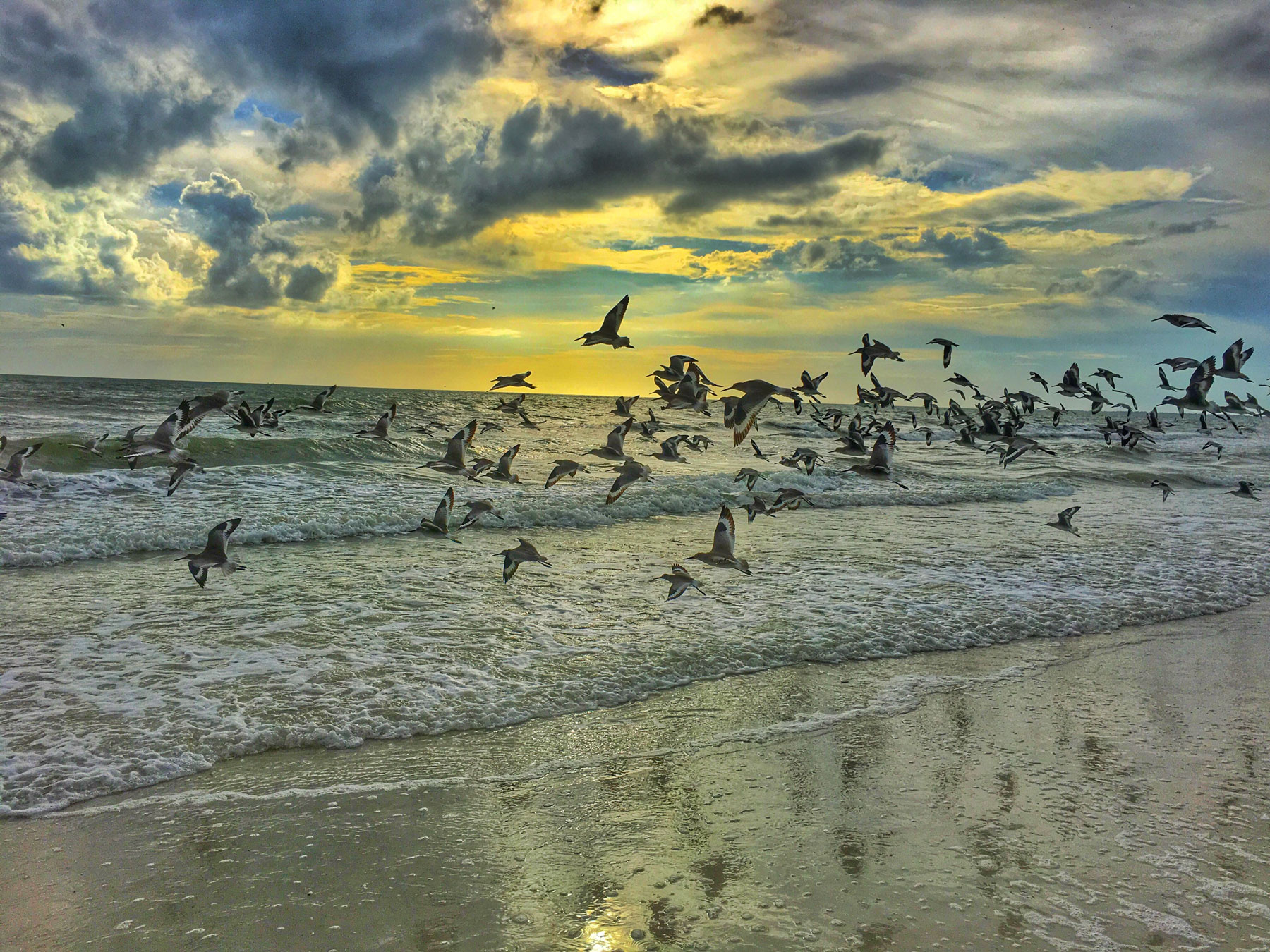Until recently Josephine Del Deo was unknown to me. But now, upon her death, when bits of a life intimately intertwined with the outdoors are revealed, I find her a kindred spirit.
I ran across Del Deo, a writer and preservationist, in the New York Times’ The Lives They Lived series and was immediately drawn to her story. While she loved a very different place—Cape Cod—than I do, there is such truth in what we share: a life tied inextricably to place.
More specifically, we are drawn to places rooted in the raw, simplified nature of the outdoors. Organic locations where everything is already striped away and we are left to look at our own nature—and the nature of our creative self.
To give you a glance into Del Deo’s character, spirit and commitment to protecting the wild East Coast dunes that drew her to a life by the sea, here’s a snippet from the article describing the young woman’s first stay at a friend’s now-iconic tarpaper shack, located on a wind-swept sand-scape:
That day, amid the compass grass and rose hips, Josephine, 27, felt the rest of the world vanish: Birds cried, but the white noise of surf and wind enforced a hush. At night, the moonlight caused the dunes to glow …
Frenchie’s place was one of a scattering of shacks along a wild stretch of Cape Cod called Peaked Hill. These were modest structures — no electricity or running water, an outhouse somewhere nearby — yet Josephine described them, in her dune-life memoir, “The Watch at Peaked Hill,” as “spiritual temples.” She came to believe that there were settings where the “creative spirit” lived, offering refuge and renewal, and throughout her life she tried to protect such places.
Del Deo was a bohemian of sorts, drawn to the artists and recluses who found inspiration on the Cape, but she was also a naturalist, seduced by a wild place. Peaked Hill became not just a ribbon of dunes to keep a treasured secret, but rather an untamed place to protect from the intrusion of development. She intended to keep it wild for all those who love the promise of the wild.
Del Deo led several grassroots campaigns during her life, which culminated the designation of Cape Cod National Seashore. It was her greatest legacy.
But what strikes me is that grand achievement all started at a solitary shack, one of many considered blemishes by the government. They were precious little places she fought to keep intact, just as they were. They were there for a reason. She saw (and felt) something in that rugged coastal environment. In that alone there is great inspiration.
We all have wild places that we feel connected to, whether we are fortunate enough to live there, visit there or, for now, must settle to dream there.

